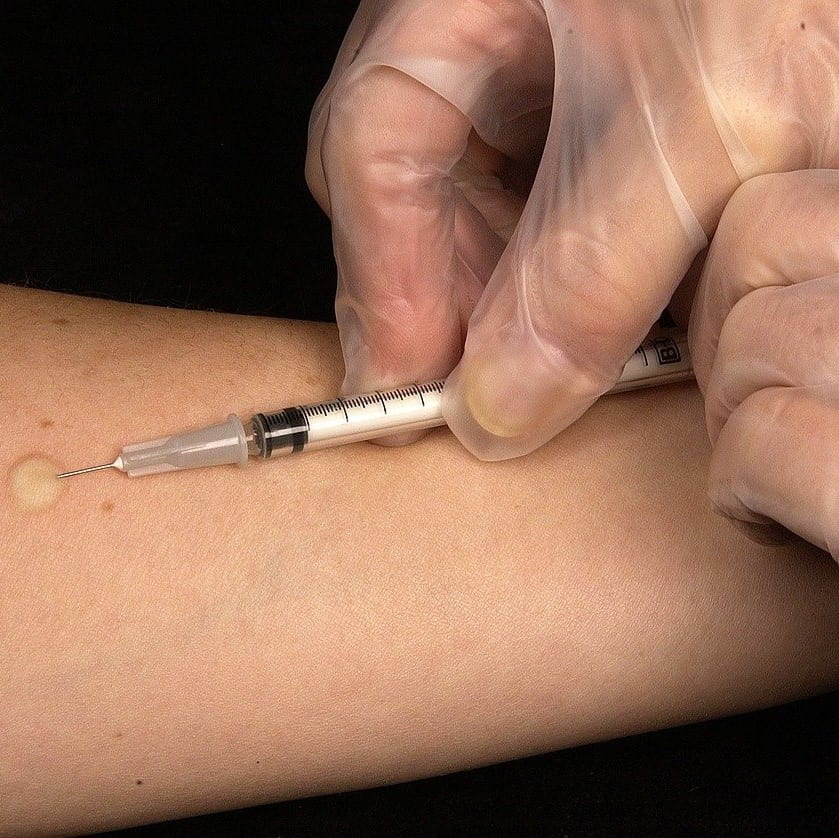Qualitative evidence synthesis of novel skin-based in vivo tests (NSTs) for tuberculosis
Approximately 25-27% of the world’s population is estimated to have latent TB infection (LTBI) with a lifetime risk of progression to active infection of 5-10% which is higher in those with pre-disposing factors or in the first 18 months after acquisition of infection. These are important populations to target for screening and treatment of LTBI in order to prevent reactivation and subsequent transmission. Currently available tests for LTBI are imperfect, as they cannot accurately distinguish between active TB disease and latent infection, nor are they useful predictors of progression to active disease. Over the last decade, newer (novel) skin-based tests (NSTs) have been developed that aim to maximize the advantages of the currently available implementation platforms. However, it is not known whether these novel skin-based tests are acceptable or feasible for use in routine practice for end users (i.e. patients, health professionals, lab technicians etc.), and whether use of these tests may impact on health equity outcomes.
To address this knowledge gap, the World Health Organisation (WHO) have commissioned a study into the perspectives, preferences, and experiences of users of NSTs. This study aims to explore qualitatively what the end user perspectives, preferences and experiences of NSTs are particularly their views on acceptability and feasibility, and any impacts on health equity
Principal Investigator: Dr Amy Chan
PI Contact email: a.chan@auckland.ac.nz
Collaborators: Ms Kate Loveys (University of Auckland), Ms Chloe Tuck (University of Sheffield), Dr Amy Clarke, Dr Yohhei Hamada, Dr Molebogeng X Rangaka (University College London)
Status: Ongoing
Funding: WHO

